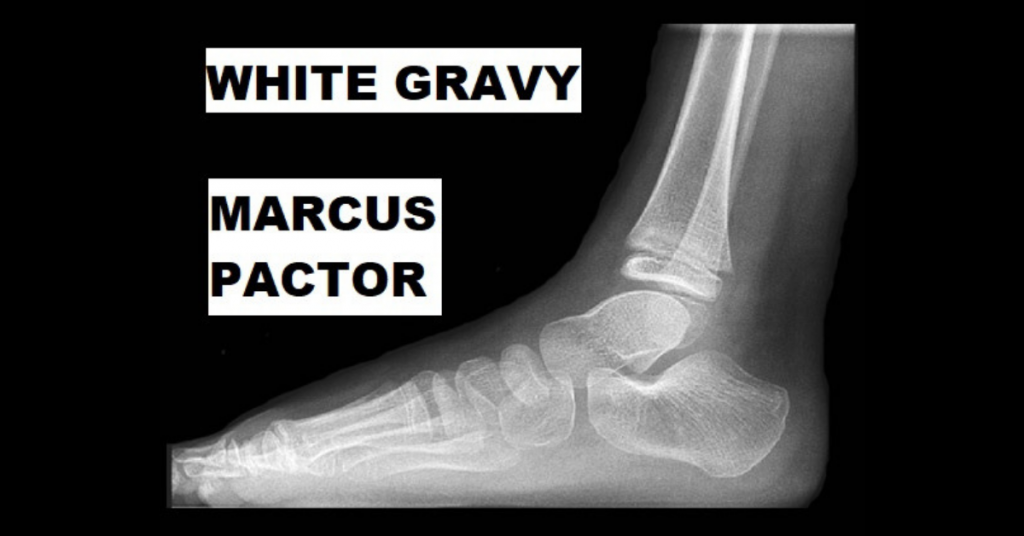Mother said the old man had never been touched. I didn’t know what she meant by “touched,” but I had heard enough. That afternoon, I leaned over the fence and grated cheese into the old man’s backyard. His cat licked every cheddar shred from the weeds. Its intestines must have gotten clogged, but it lived.
The cat disappeared after city workers buried the old man. Months later, a storm buried the eastern seaboard in golden, blanket-sized leaves. Far south of there, we savored the peripheral breeze. Mother had taught me to savor, whenever possible, the small pleasures which occasionally attended the global decline.
Sarah and her parents replaced the old man’s junk with theirs. I remember none of her words. I remember not even the quality of her voice. I do remember that she stood even less than I for boredom.
She egged the children’s hospital. She set a controlled fire of neighborhood breakfast waste—egg cartons, milk jugs, and pancake mix boxes—in her backyard. She killed two pigeons with a slingshot. At her direction, I nailed them to the fire station door.
Soon after the school year commenced, her cobra died in its sleep, and a custodian touched her in a bathroom stall. The internet led us to his ranch house. We found his pick-up unlocked, and so, when night fell, we popped the hood and flooded the engine with his garden hose. She touched me against the truck’s cab till the streetlights burnt out, one after the next. We set the cobra’s body and a warning note on the driver’s seat. The custodian never returned to work.
Sarah touched me through many school days: while the last frogs watched from the aquarium; while the theatre curtain brushed our calves; while, on the other side of the closet door, the assistant principal drew spirals on his desk calendar. Elsewhere, too, she tied me to any post at hand. I felt neither aches nor blues.
Our fun must have gone on longer than a school year. Her parents must have died one day or another. Mother, too. Everyone must have died. The bodies had nothing to do with us, I thought, till the power grid collapsed for good, and she used a steak knife to draw people on the wall. I led her outside to survey the neighborhood. Paved roads, ranch houses, chimneys, even trees now belonged to us.
“We’ve inherited so much,” I said.
By then, we could set a fire as well as any Eagle Scout or caveman, so we only needed ingredients to survive. We found most of our neighbors’ houses barren, but three spinsters in a cul-de-sac had, in their living room, a hoard of thirty-pound bags of food powder. They had almost certainly stolen them from our school’s inventory. The bags read “Cheese Pizza,” “Beef Tips,” “Egg Noodles,” and “Mashed Potatoes.” According to the instructions, we could reconstitute the powder into lunch by stirring it into a pot of boiling water.
A large part of me wanted to eat a pound of beef tips right then. A small part was distracted by the sight, on the coffee table, of twenty-four Roach Motels opened up and eaten clean. The spinsters’ bodies lay twisted on the carpet.
I touched Sarah’s elbow.
“I’m here,” I said.
We buried the spinsters in the backyard.
Months later, the old man’s cat returned. Sarah and I were naked and weak as ice cream when it crawled from under the fence and nuzzled against my thigh. It smelled like chicken juice left for a week in the sun. We would never taste fried chicken or ice cream again. I strangled the cat. Sarah drew a mean line in the dirt.
That evening, winter came hard, full of snow, and taught us what our last teacher had meant by the word “homogenizing.” Roads, houses, cats, old men, frogs, fallen street signs, caved-in roofs, shanks of glass, planks of fence, parked cars, garbage cans, garden hoses, broken zippers, dead tree trunks, and shed pine needles all went white.
When the sky let up, I skinned and boiled the cat, buried it in salt, and served it by candlelight. She refused her share.
“I can’t eat alone,” I said.
She shrugged.
I began to eat.
Snowfall resumed.
I did not remember then what I remember now: Mother telling me that, at some point, a woman will expect you to lift her heart. She will dramatize her appeal by, perhaps, leaving the dinner table, lying in the spinsters’ backyard, and letting the snow pile upon her.
The day couldn’t end, though, till I finished choking down the cat, so I did. I’ve choked down plenty of cats since then. Every so often, I wonder why they’ve survived better than dogs.
I still do, on occasion, catch myself believing in reasons or presidents or calming, pink streaks on the late afternoon horizon. But if any of those things had ever been truly true, don’t you think that old man’s cat on that frozen day would have tasted memorably worse than any cat I’ve chewed on since?
You’d be somewhat right if you did. It certainly tasted worse than most roasted cats I’ve experienced. A roasted cat has a smoky flavor and charred surface that, when cooked best, can briefly fool you into thinking you’ve lucked into an oddly shaped hot dog.
You’d be entirely wrong, though, if we restricted the question to boiled cats. Every one of them I’ve sampled, from first to last, without exception, has tasted like rancid, rubberized white gravy. With the right mindset, though, you can grow used to any meat on hand.

